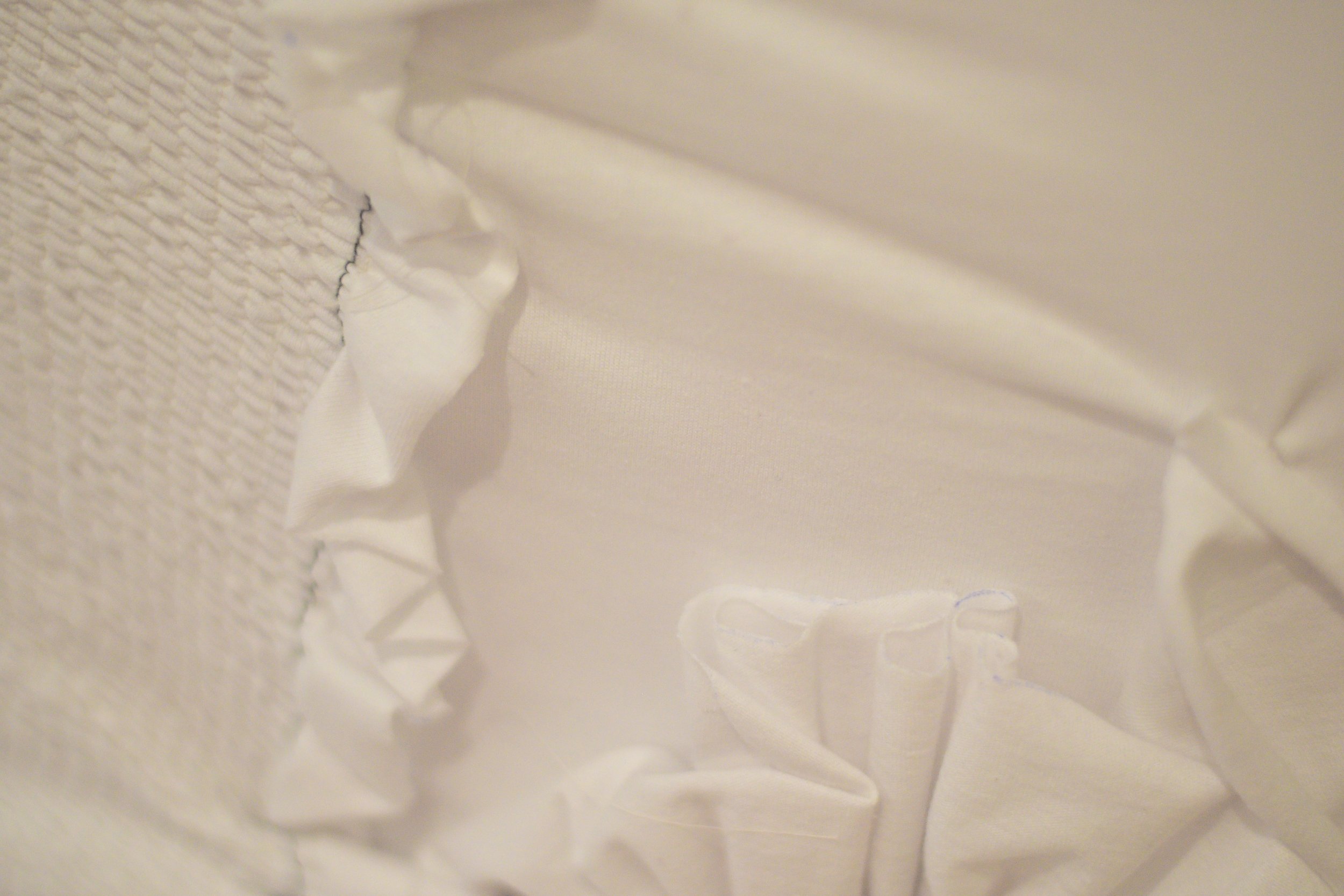Esethu Cenga
Esethu Cenga is a care-free, multifaceted individual who is fascinated with maximising her human agency to the fullest and living life authentically. Through her studies in Politics, Philosophy and Economics (PPE) and Development Economics, Esethu began to gain a holistic understanding of the many problems Africa is facing in the context of globalisation. Since completing her university studies, Esethu has been driven to create a meaningful impact through a start-up she co-founded alongside Tshepo Bhengu and Lonwabo Mgoduso in 2017 called Rewoven. Rewoven is an early stage startup / textile recycling pilot based in Cape Town, South Africa. Rewoven aims to divert textile waste from landfill by facilitating the reuse and recycling of those fibres. Rewoven also sells recycled textile waste, recycled fibre and 100% recycled fabric; all made from textile waste that has been diverted from landfill. The main vision of the start-up is to help create a circular economy in the African clothing industry, one that is embedded strongly in social and environmental sustainability. Currently, Rewoven has diverted 470 000 kilograms of textile waste from landfill in Cape Town since becoming operational in March 2020.
Entangled Threads: Indlela Yethu (Our Journey)
This artwork draws attention to textile waste. 70% of global used textiles are sent to Africa -whilst many believe these to be charitable donations - the clothing is often unusable, ending up in landfill, burnt, or washed out to sea. The perpetuation of this exploitative cycle has a detrimental effect on local textile industries and creates a huge pressure on the environment. Hyper-consumption and the disposal of textiles represents a form of neo-imperialism across Africa and the wider Global South. This piece explores how we can combat this issue by creating a circular economy within the textile industry.
The fabric has been produced by Rewoven, Esethu’s sustainable fashion start-up. Rewoven, has been tackling this issue within South Africa since 2018. Receiving the Mandela Rhodes Foundation’s Äänit Prize in 2021, Rewoven has been able to divert over 700,000 kilograms of textile waste from landfill in Cape Town by creating new materials made from recycled fibres. The fabric from Rewoven has been shirred and smocked to form six distinct sets of pleats representing data on textile waste sent to Africa.
A. The 70% of global textile waste sent to Africa
B. The 112 million items of clothing sent to Kenya in 2022
C. Of these 37 million were made up of plastic non recyclables
D. The 780 million items of clothing sent to Ghana on average per year
E. Of which is sent to landfill
F. The unrecorded textile waste
Tapestry: Ubuntu
This artwork is an abstract patchwork made from fabric scraps and second-hand clothes which would otherwise be sent to landfill. Nicola has transformed the patchwork into a bespoke pattern. Esethu’s work at Rewoven is driven by the idea of community “umuntu ngumuntu ngabantu” (Ubuntu). Ubuntu is a South African humanist understanding of our interconnectedness as human beings. For Nicola Green, Ubuntu plays an important role in the daily lived experience of her multicultural family and for her children who have both black and white South African heritage. Ubuntu can be translated as I am because we are.






